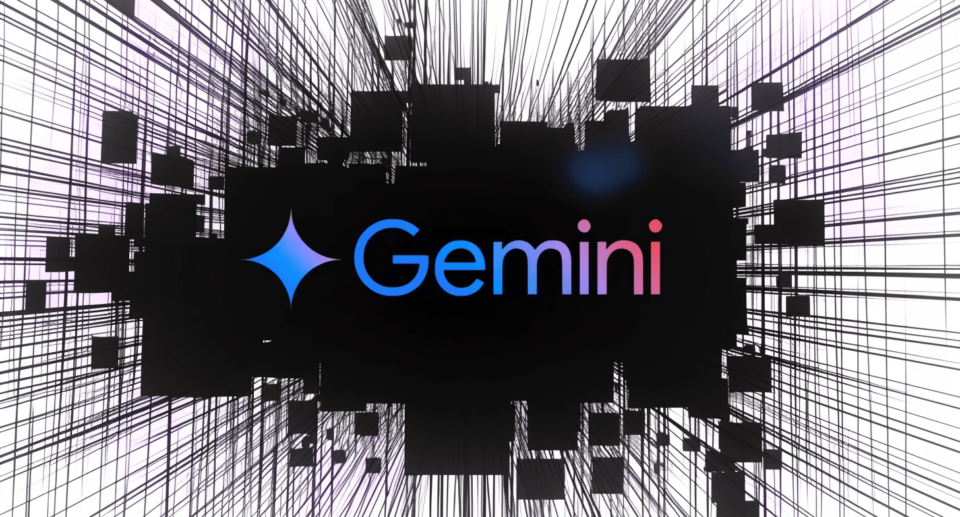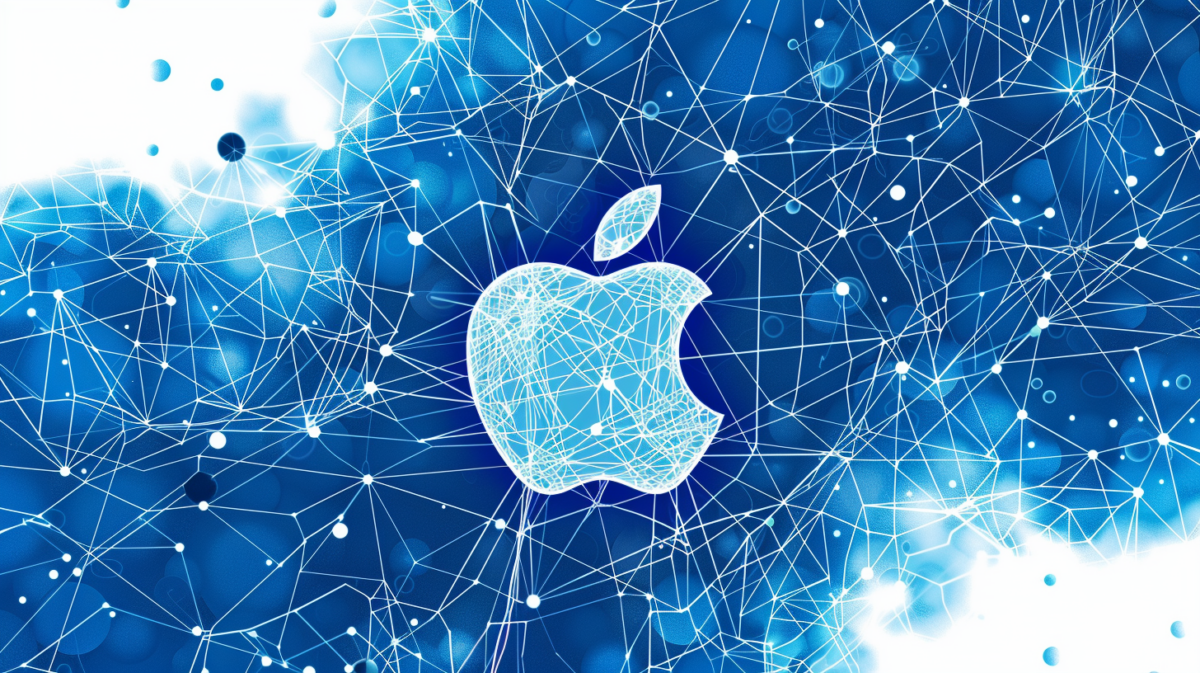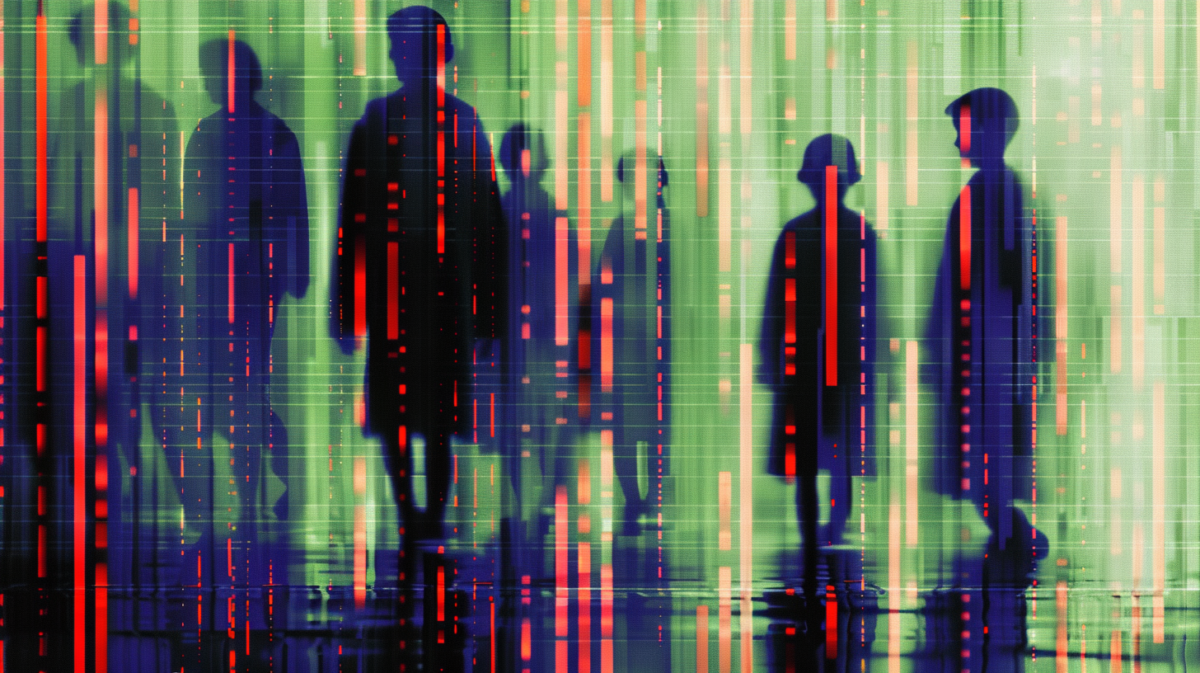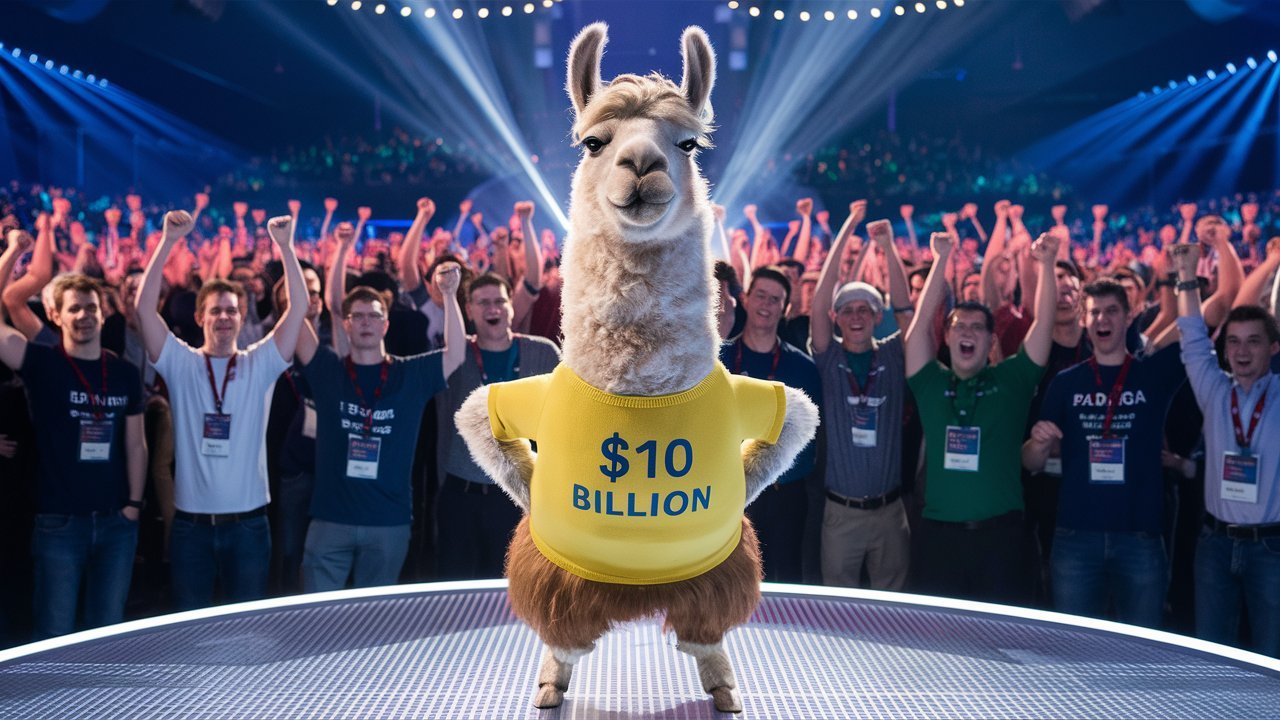Google’s Gemini chatbot deal with Associated Press could spell trouble for news publishers

Google has signed its first direct content partnership for an AI chatbot, teaming up with the Associated Press (AP) to feed real-time news into its Gemini system. The deal means change is coming for new publishers if chatbots are successful products.
The partnership builds on Google’s existing relationship with AP, which previously focused on providing news for search results, Google’s VP of Global News Partnerships Jaffer Zaidi said in a statement.
While other AI companies have been making similar moves – OpenAI has about 20 content partnerships, Meta works with Reuters, and Mistral AI collaborates with AFP – Google’s deal carries extra weight since it’s the largest source of traffic for most news websites.
A shifting balance of power
The traditional relationship between search engines and news sites used to be pretty straightforward: search engines used news content to attract users and, in return, sent traffic back to publishers’ sites. Even this arrangement hasn’t always been smooth sailing – publishers around the world have sued Google for using their content without compensation.
Ad
AI chatbots could make this situation even more complicated. When people start getting their news directly from chatbots instead of clicking through to actual websites, publishers lose both visitors and their ability to make money from their content.
This situation leaves publishers with two choices: demand payment for their content appearing in Gemini, or opt-out from the platform and watch as Google potentially favors AP and other paying partners in its chatbot responses. A classic prisoner’s dilemma.
We’ve seen this playbook before – tech companies making individual deals with select publishers for products like Google News and Facebook News rather than working with the entire industry. The effects are already visible in places like Germany, where content from Springer Boulevard Press appears more frequently in ChatGPT thanks to their OpenAI partnership.
If chatbots become people’s primary way of getting information online, it could put media diversity at risk. Smaller publishers might have to choose between giving away their content or becoming invisible to users. Meanwhile, journalism’s reliance on big tech platforms would likely grow even stronger.











